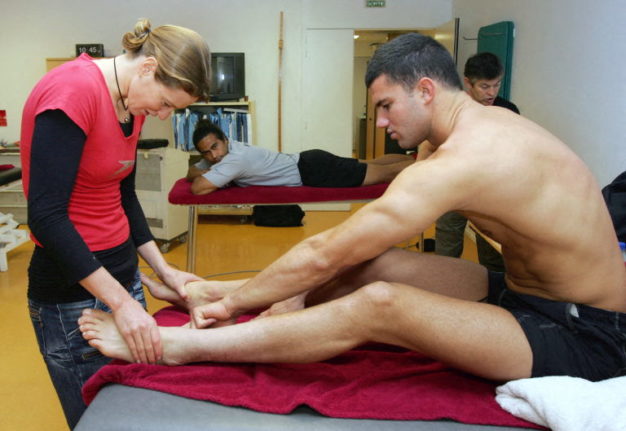The Local has partnered with leading international insurance broker ASN to bring you five ways that expats can benefit from international health insurance.
You always know where to go
If you injure yourself or become unwell in your home country, you instantly know where to seek help. In a new country, it’s not always as clear. When you have international health insurance, your provider can look into their network of doctors and hospitals and advise you on where to go. Many providers also have 24/7 hotlines you can call for round-the-clock advice.
There’s no language barrier
The only thing more frightening than becoming ill when you’re abroad is not understanding the diagnosis. With international health insurance, your provider is obliged to find you a doctor or specialist who speaks your language. If it’s an emergency, being privately insured guarantees this is always the case. When that isn’t possible, it’s the insurance provider’s responsibility to make sure you know exactly what is happening regarding your health and treatment.
Click here to get a bespoke health insurance policy
You’re fully protected
Once you’ve found your nearest GP, you can hone in on other aspects of your health. Expats often neglect dentist or therapist appointments because they are unfamiliar with local healthcare services. With international health insurance, your insurer can arrange these appointments for you (provided they are included in your policy). When ASN finetunes your policy for you, they can create bespoke plans that include options like optical cover and wellness packages so that you’re covered from head to toe.

Your kids are covered too
Knowing your children’s health is protected while you’re abroad is priceless. Many international health insurance policies allow for unlimited paediatrician appointments while some cover your children for all their vaccinations too.
There are also many advantages of international health insurance if you become pregnant while living in another country. You can give birth in a private hospital of your choice or, if there is a medical reason, you can choose to go back to your home country to have the baby. Speak to an international health insurance advisor at ASN to find out more about how international health insurance can benefit you if you are pregnant or become pregnant while living abroad.
Click here to get a bespoke health insurance policy
Manage chronic illness abroad
If you have a chronic illness it can complicate things but it shouldn’t stop you from expatriating. However, it’s not always easy to find cover if you have a pre-existing medical condition. International health insurers are private and so have the right to refuse you cover if you have diabetes or another chronic condition. ASN’s experts know which providers may be more open to covering clients with a chronic illness and in some cases can negotiate full cover for a higher premium.
Once your policy has been activated ASN can help you with everything you need relating to your health insurance. The multi-lingual team is available to answer all your questions and ensure that you get the best possible cover from your health insurance provider. Click here to get your personal insurance quote.
This article was produced by The Local Creative Studio and sponsored by ASN Advisory Services Network.



 Please whitelist us to continue reading.
Please whitelist us to continue reading.